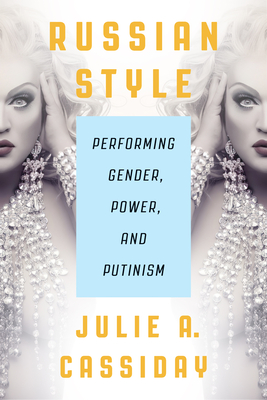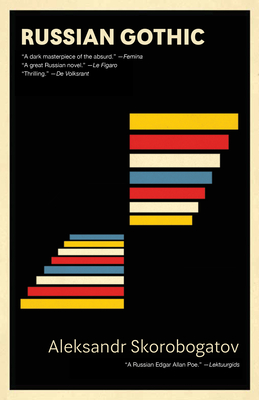
description
the millennium, Vladimir Putin's control over Russian politics and society grew at a steady pace. As the West liberalized its stance on sexuality and gender, Putin's Russia moved in the opposite direction, remolding the performance of Russian citizenship according to a neoconservative agenda characterized by increasingly exaggerated gender roles. By connecting gendered and sexualized citizenship to developments in Russian popular culture, Julie A. Cassiday argues that heteronormativity and homophobia became a kind of politicized style under Putin's leadership. However, while the multiple modes of gender performativity generated in Russian popular culture between 2000 and 2010 supported Putin's neoconservative agenda, they also helped citizens resist and protest the state's mandate of heteronormativity. Examining everything from memes to the Eurovision Song Contest and self-help literature, Cassiday untangles the discourse of gender to argue that drag, or travesti, became the performative trope par excellence in Putin's Russia. Provocatively, Cassiday further argues that the exaggerated expressions of gender demanded by Putin's regime are best understood as a form of cisgender drag. This smart and lively study provides critical, nuanced analysis of the relationship between popular culture and politics in Russia during Putin's first two decades in power.
member goods
No member items were found under this heading.
listens & views

DIE ZAUBERFLOTE (THE MAGIC FLUTE)
by MOZART / KAAPPOLO / KALNA / DRUET / RIAC / JACOBS
COMPACT DISCout of stock
$37.25
Return Policy
All sales are final
Shipping
No special shipping considerations available.
Shipping fees determined at checkout.






